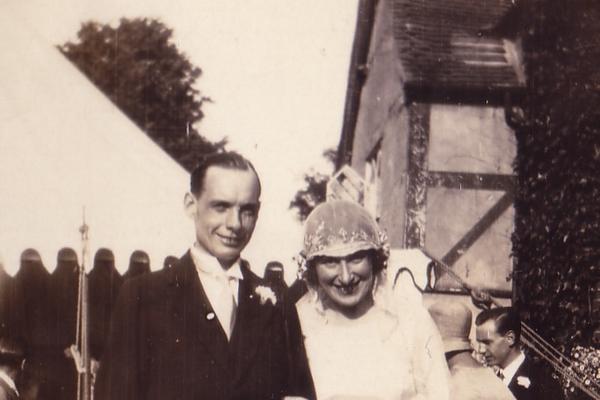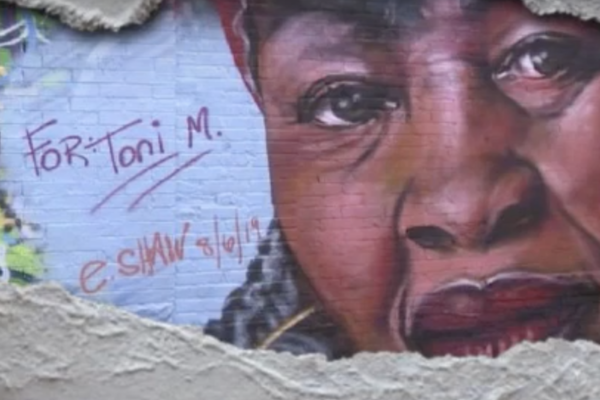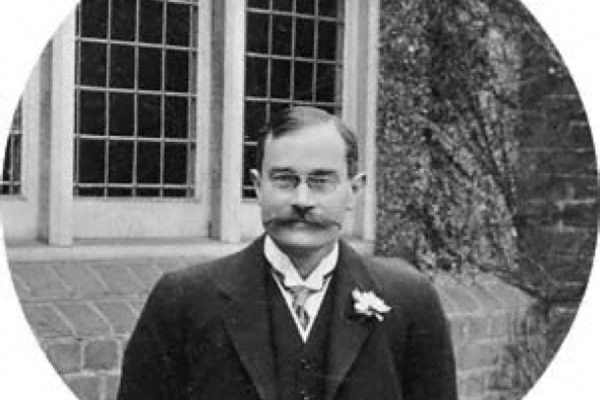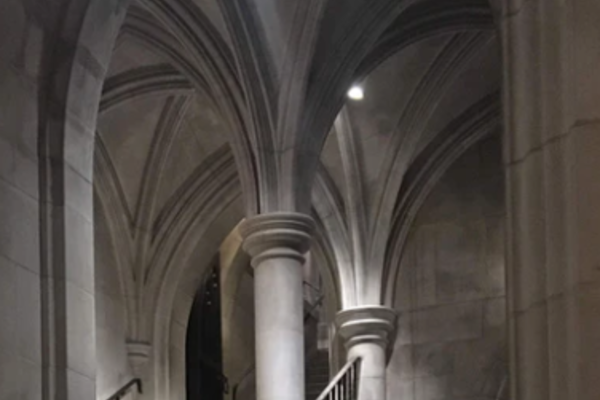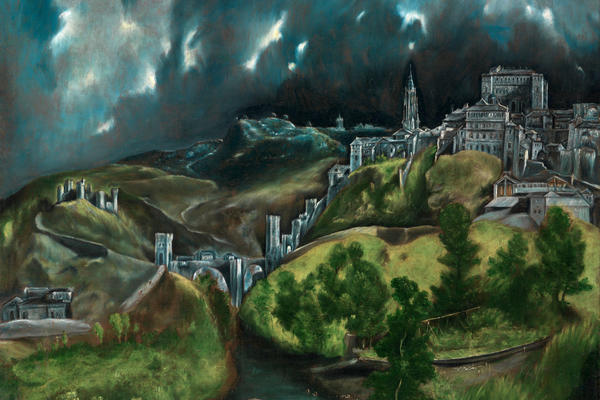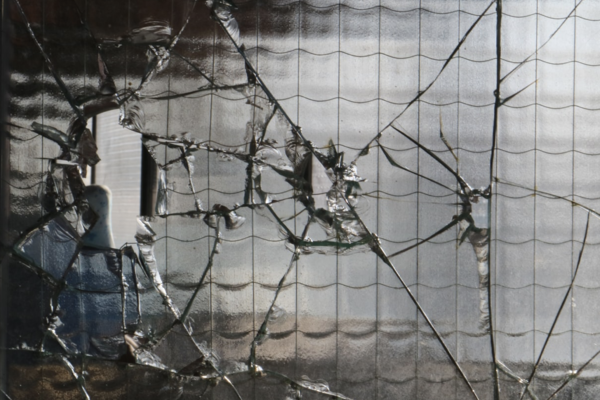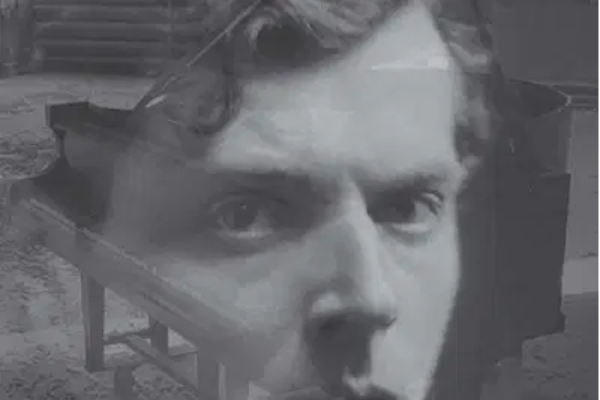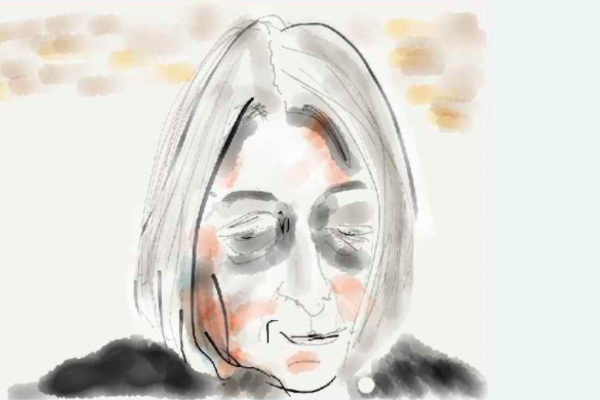The Poetics of Displacement
The Poetics of Displacement: Migration and multiculturalism in Roman verse inscriptions
Video hosted by MAPPOLA
Poetry was the most affordable art form in the Roman world: all it required were words, and someone with a talent to arrange them in a meaningful, aesthetically convincing way. It offers a unique insight into Roman life; it also served as a form of life-writing.
For life-writing, they offer a kaleidoscopic set of perspectives. The first life-writing perspective to consider is that people expressed their identities and concerns, showcased knowledge and education, and embedded it all in a cultural practice shared by Latin speakers in a multinational empire. For some, Latin might have been just one of several languages they had mastered.
The second perspective is that these texts have a double role of a cultural artefact and an ego-document, and like many pre-modern ego-documents (and perhaps later ones too), they reflect both the individual, and the community.
The third perspective emphasises that the verse inscriptions as evidence for poetry are ubiquitous, and attest to inclusive cultural practice of the people of ancient Rome beyond the palaces of its urban aristocracy. How is the empire’s considerable regional and ethnic diversity reflected in the engagement with inscribed verse?
About the speakers
Alexander Gangoly is a doctoral researcher at the University of Vienna. He is interested in the cultural diversity of antiquity as a whole, but particularly in the relationship between Latin and Greek speakers and their habits, behaviour and appearance (habitus). In recent months, he studied the inner-familial status differences in funerary inscriptions of slaves and freed(wo)men as well as the Carmina Latina Epigraphica of Hispania (CIL XVIII/2).
Peter Kruschwitz is Professor of Ancient Cultural History (Antike Kulturgeschichte) at the University of Vienna and Visiting Professor in the School of Humanities at the University of Reading. Principal Investigator of ERC Advanced Grant Project MAPPOLA – Mapping Out the Poetic Landscape(s) of the Roman Empire. His main research interests lie in the poetic culture and song culture of the Roman world with their related broad chronological, geographical, ethnic, and social variations, shifts, and changes. A particular interest is the poetic culture of non-elites.


